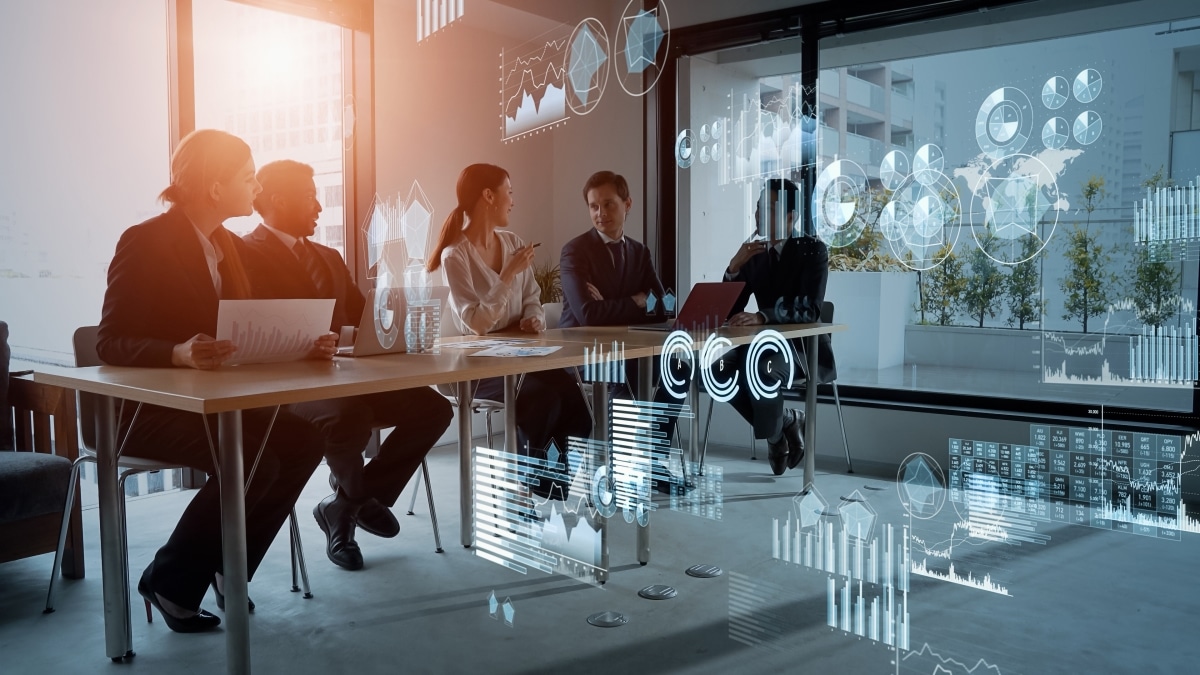Whether AI can eliminate bottlenecks and greatly boost productivity in underproductive sectors, resulting in either marginal improvements or rapid growth and universal wealth, will determine the potential economic impact of the technology.
The potential impact of artificial intelligence (AI) on the economy is uncertain but could be significant. AI can automate cognitive tasks previously performed by humans, like how machines automated physical tasks in the past. The extent of AI’s impact depends on two factors: the areas of the economy it targets and whether it significantly increases productivity. If AI addresses productivity bottlenecks, it can have a profound effect on the economy, as seen in the automation of agriculture. However, the slow productivity growth in sectors like computing suggests that bottlenecks in cognitive tasks are harder to overcome. AI’s transformative power lies in its ability to dramatically increase productivity in unproductive sectors such as healthcare, education, and transportation. For AI to be truly transformative, it must surpass human capabilities and substantially improve productivity. If AI is only marginally better than humans and replaces them without significantly increasing productivity, it can lead to reduced labor share and limited improvements in living standards. On the other hand, if AI enables explosive economic growth by making humans more productive in critical non-automated tasks, living standards can rise even with the majority of jobs being automated. The hope is for a future where humans perform a small fraction of tasks while machines excel at everything else, resulting in widespread prosperity akin to highly valued specialists like cellists in today’s economy.
Source: https://insight.kellogg.northwestern.edu/article/how-much-ai-will-transform-our-economy






